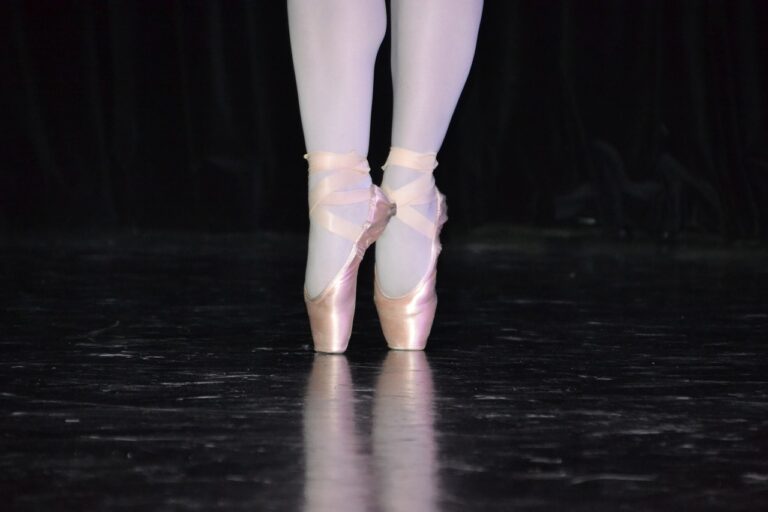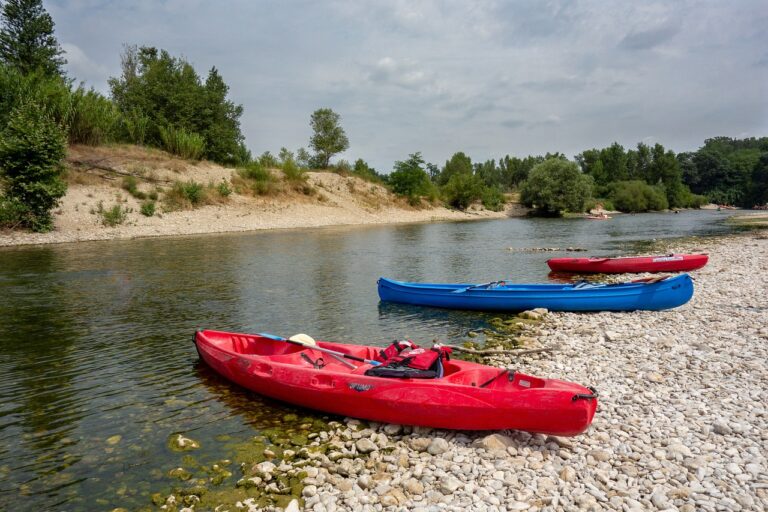The Impact of MOOCs on Global Education Standards: 11xplay pro login, Tigerexch247 live, Betbook.com
11xplay pro login, tigerexch247 live, betbook.com: MOOCs, or Massive Open Online Courses, have been revolutionizing the education sector globally. These online platforms provide access to high-quality courses from top institutions to learners around the world, regardless of their geographical location or financial status. The impact of MOOCs on global education standards is undeniable, as they have the potential to democratize education and create a more level playing field for students everywhere.
Accessibility and Inclusivity
One of the most significant impacts of MOOCs on global education standards is increased accessibility and inclusivity. These online courses allow learners to access world-class education from the comfort of their homes, eliminating barriers such as distance, cost, and time constraints. Students from developing countries or underprivileged backgrounds now have the opportunity to learn from the best professors and institutions in the world, leveling the playing field for all.
Quality Education
MOOCs offer high-quality courses developed by leading universities and experts in various fields. This ensures that students receive up-to-date and relevant content that can enhance their knowledge and skills. The availability of diverse courses in different disciplines also allows learners to explore their interests and pursue specialized knowledge that may not be available in traditional educational settings.
Flexibility and Self-Paced Learning
One of the key advantages of MOOCs is their flexibility. Students can learn at their own pace and schedule, allowing them to balance their studies with work or other obligations. This self-paced learning model accommodates different learning styles and preferences, making education more personalized and effective. Learners can also revisit lectures and materials as needed, enhancing retention and understanding of the course content.
Global Collaboration and Networking
MOOCs facilitate global collaboration and networking among students and instructors from different parts of the world. Through online forums, discussion boards, and group projects, learners can engage with peers and experts, share knowledge, and build professional connections. This global exchange of ideas and experiences enriches the learning experience and fosters a sense of community among participants, regardless of their geographical location.
Skill Development and Lifelong Learning
MOOCs offer a plethora of courses that cater to a wide range of skills and interests, enabling learners to acquire new competencies and stay relevant in today’s rapidly changing job market. The emphasis on lifelong learning encourages individuals to continue their education beyond traditional schooling, enhancing their personal and professional development. MOOCs empower learners to upskill or reskill themselves and adapt to the demands of the digital age.
Impact on Traditional Education Systems
While MOOCs have brought about positive changes in global education standards, they have also raised questions about the future of traditional educational institutions. Some critics argue that MOOCs threaten the existence of brick-and-mortar universities by offering free or low-cost alternatives to formal education. However, others believe that MOOCs can complement traditional learning models and bridge the gap between theory and practice.
In conclusion, the impact of MOOCs on global education standards is profound and multifaceted. These online platforms have the potential to democratize education, increase accessibility, and improve the quality of learning for students worldwide. As MOOCs continue to evolve and expand, they will play a crucial role in shaping the future of education and empowering learners to achieve their full potential.
—
FAQs
Q: Are MOOCs accredited?
A: While most MOOCs do not offer official credits or degrees, some platforms collaborate with universities to provide certificates or credentials for completing courses. These certificates may not be equivalent to traditional degrees but can still add value to a learner’s resume or portfolio.
Q: Are MOOCs free?
A: Many MOOCs are free to enroll in and access course materials. However, some platforms offer paid options for certificates, assessments, or additional features. It’s essential to check the pricing and terms of each course before registering.
Q: Can I earn a degree through MOOCs?
A: While MOOCs can enhance your knowledge and skills, they typically do not offer full-fledged degrees. Some platforms partner with universities to provide credit-bearing courses or pathways to degrees, but these options may come with additional costs and requirements.







